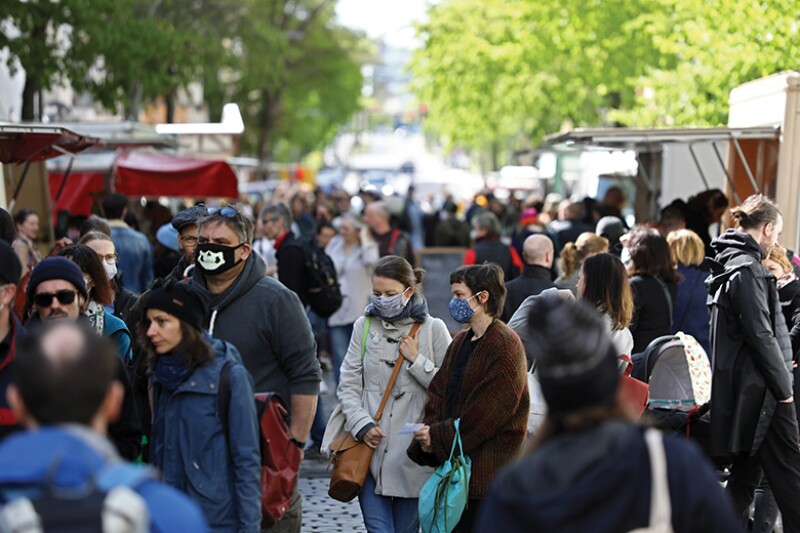
Akkumulatorenfabrik Moll is a vital employer in the pretty little Bavarian town of Bad Staffelstein, about an hour’s drive north of Nuremburg.
Peter Moll founded the car battery maker just after the Second World War. His daughter, Gertrud Moll-Möhrstedt, is still managing partner at the firm, which employs almost all of its 270 staff in Bad Staffelstein. Moll, in other words, is a classic German Mittelstand company: a family owned, medium-sized firm in a sector that has driven industry and exports in Europe’s largest economy for the best part of a century.
But all this is now in grave danger.
After the coronavirus spread from China to Europe and companies such as Daimler and VW shut down their plants, Moll – like thousands of other suppliers – had no choice but to stop production. At the end of March it filed for insolvency.
